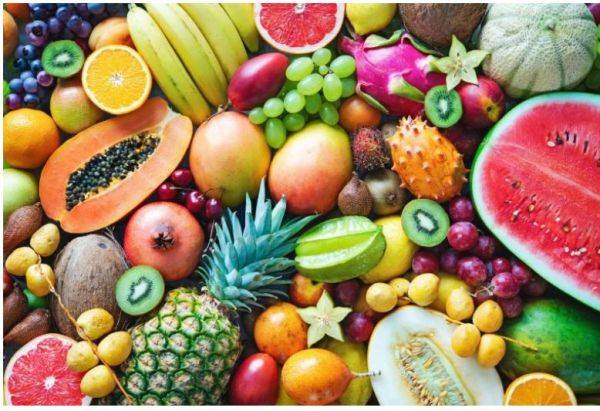In order to live a healthy lifestyle and prevent sickness, the Ghana Coalition of NGOs in Nutrition and Food Security (CONFSEC) has advised the populace to eat more fruits and vegetables.
"We are encouraging Ghanaians to adopt backyard organic farming of fruits and veggies for consumption for a healthy life," they said.
This was stated in a press release released by Jane Oku and Kekesi Defor, who are both CONFSEC members, in honour of National Fruits and Veggies Week 2023, which will be held under the banner "Grow Your Veggies, Eat Your Veggies, and Grow in Good Health" as part of the celebration of this year's World Food Day.
Fruits and Vegetables Week will be observed from Monday, October 16, to Sunday, October 22, 2023.
To encourage good health, the week is celebrated annually in conjunction with World Food Day.
Everywhere you turn, the food we eat is moving more away from nature, according to the press release. Processed foods with difficult-to-pronounce preservatives and additives are abundant on grocery store shelves.
"It's alarming to consider the negative impact this kind of diet might have on your health. It's hardly surprising that Ghana's rates of metabolic disorders, including diabetes, heart disease, and obesity, have been rising rapidly in recent years.
"However, it's not too late to start making changes to your diet to make it more in line with nature, and that means eating more fruits and vegetables because they're a great source of vitamins and minerals, have a lot of fibre, are low in calories and fat, and protect against diseases like cancer."
According to the press release, adding fruits and vegetables to a well-balanced diet can aid in weight loss or prevent weight gain since they are low in saturated fat, salt, and sugar and generally contribute to maintaining good health.
The theme for World Food Day was "Water is life, Water is food." Leave no one behind" prompted the release, which explained how food production impacts water and how Ghanaians may work together to solve this problem.
In order to lessen the negative effects of inadequate access to clean water, sanitation, and hygiene on child nutrition outcomes, the WASH sector must increase investments in nutrition-sensitive interventions, according to data from the Multiple Indicator Cluster Survey, which revealed that 76 percent of household water in Ghana is contaminated at the point of use.
"These interventions include food hygiene promotion, household water treatment and safe storage, and community-based sanitation interventions," it noted.
According to UNICEF Ghana, child and maternal malnutrition is the biggest single health risk factor in Ghana, and the education sector must raise investment in programmes to meet these children's nutritional requirements if malnutrition among school-age children is to be addressed.
According to the report, the government must spend more money on a variety of nutrition-sensitive initiatives in the agriculture sector if it is to address the pervasive and worsening issue of food insecurity and lessen its reliance on donor financing.
The diversification and sustainable intensification of agricultural output are among the measures, according to the report, along with food pricing policies for encouraging healthy diets, food safety, and aflatoxin prevention.
According to the press release, "The government should establish expenditure lines for sub-programs that cover nutrition interventions with a common budget code to better facilitate monitoring of expenditure for high-impact interventions that are essential for children's development and for their long-term productivity.


